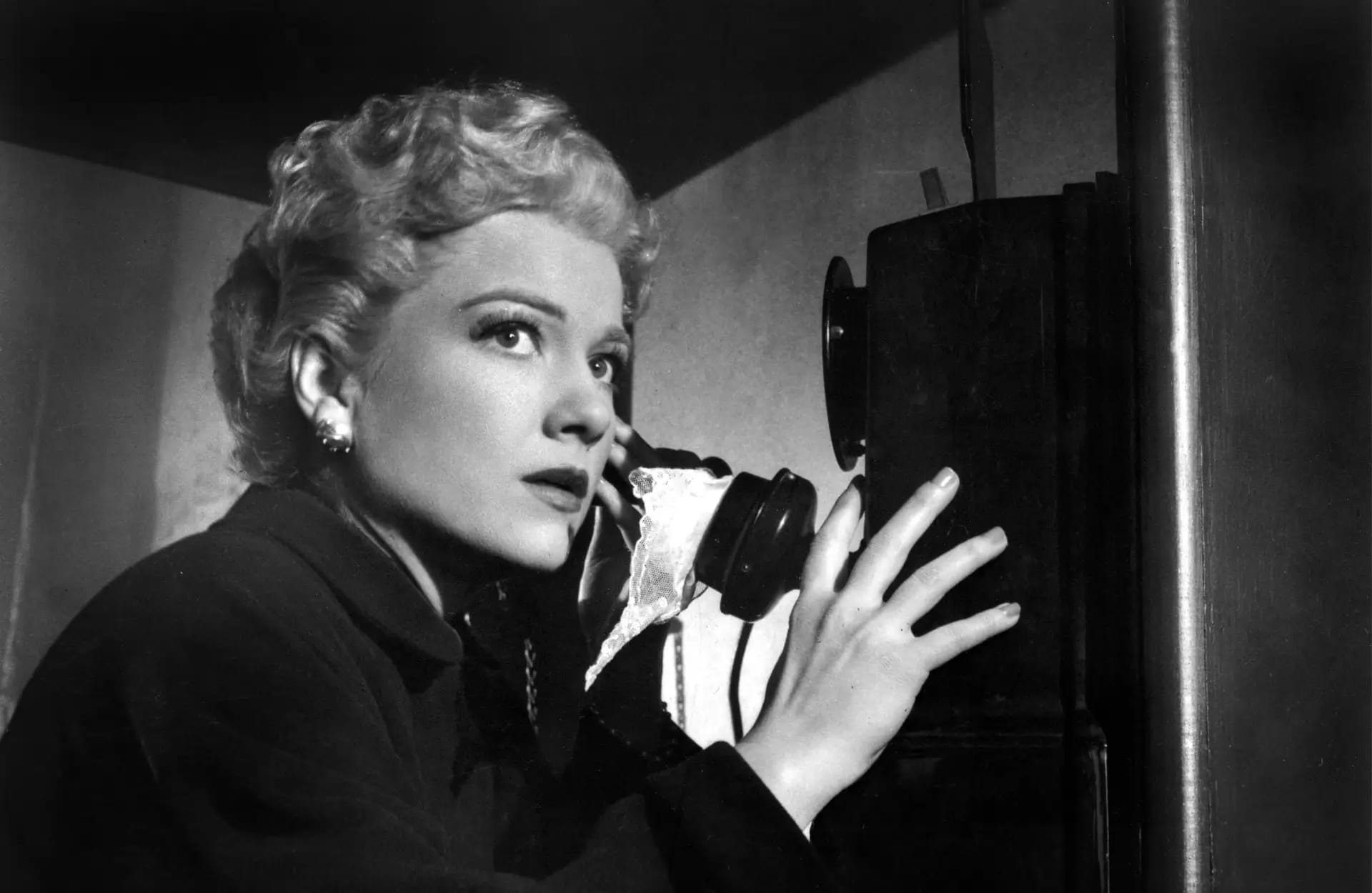Fritz on Fridays: The Blue Gardenia
The Blue Gardenia challenges this narrative of complacency and Lang’s supposed wont to “sleepwalking through history.”

On the first Friday of every month, this column by critic Joshua Polanski will feature a short review or essay on a film directed by Fritz Lang (1890-1976), the great Austrian “Master of Darkness.” Occasionally (but not too occasionally), Fritz on Fridays will also feature interviews and conversations with relevant critics, scholars and filmmakers about Lang’s influence and filmography.
Fritz Lang was never officially summoned before the House Un-American Activities Committee (HUAC) in the Joseph McCarthy era, and, as he was prone to do, he exaggerated the degree to which he fell under the American government’s microscope.
But the witch hunt did, in fact, come for Lang’s friends, colleagues and collaborators. And as a European in Hollywood circling leftist circles, he had the right to be fearful. His writing partner and fellow European Bertolt Brecht was one of the more famous cases beyond the Hollywood Ten. In 1952, at the height of danger, Lang’s earlier support for and endorsement of the Committee for the First Amendment (a platform of Hollywood filmmakers that supported the Hollywood Ten) did raise some concerns about the director — the same director who is ironically sometimes accused of precursing or even helping to inspire Nazism at times. Lang put those to rest with ease by collaborating with officials and denouncing the Committee, though his decision to adapt the card-carrying communist and novelist Vera Caspary’s novella The Gardenia in 1953 with The Blue Gardenia challenges this narrative of complacency and Lang’s supposed wont to “sleepwalking through history.”
The mystery and detective scenario of film noir adjusts with ease for a playground of McCarthy-era themes and tones. Anne Baxter plays Norah Larkin, a lonely switchboard operator whose boyfriend is a soldier in the Korean War. She rooms with two other women, and when a letter from her boyfriend ends in a breakup, she answers the phone and accepts a date from Harry Prebble (the always intimidating Raymond Burr), a calendar girl artist calling for one of her housemates.
Continue reading at the Midwest Film Journal.